Pope Francis, American Churches, and Palestinian Rights
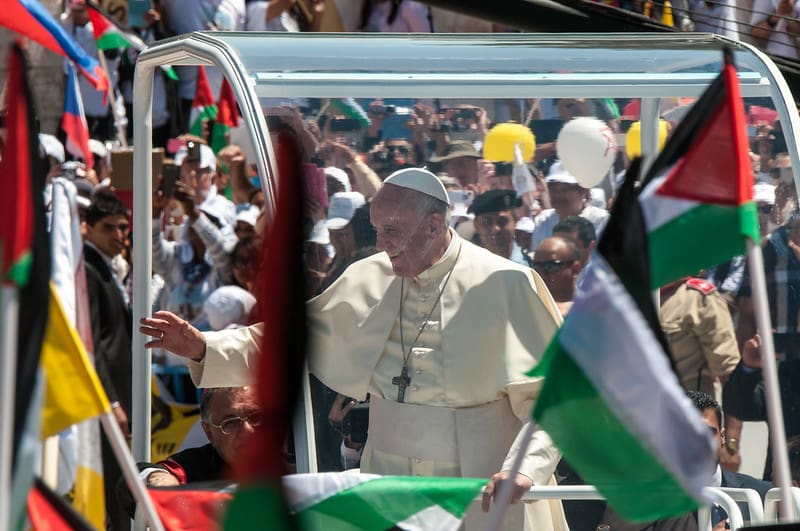
Pope Francis has attracted attention for his support of causes the establishment ignores, including the rights of the Palestinian people. And yet the US Catholic Church lags behind other American churches. Al-Shabaka’s Grace Said and 24445 take advantage of the Pope’s US trip to challenge his church to go further.
US-Palestine Relations After the Iran Deal
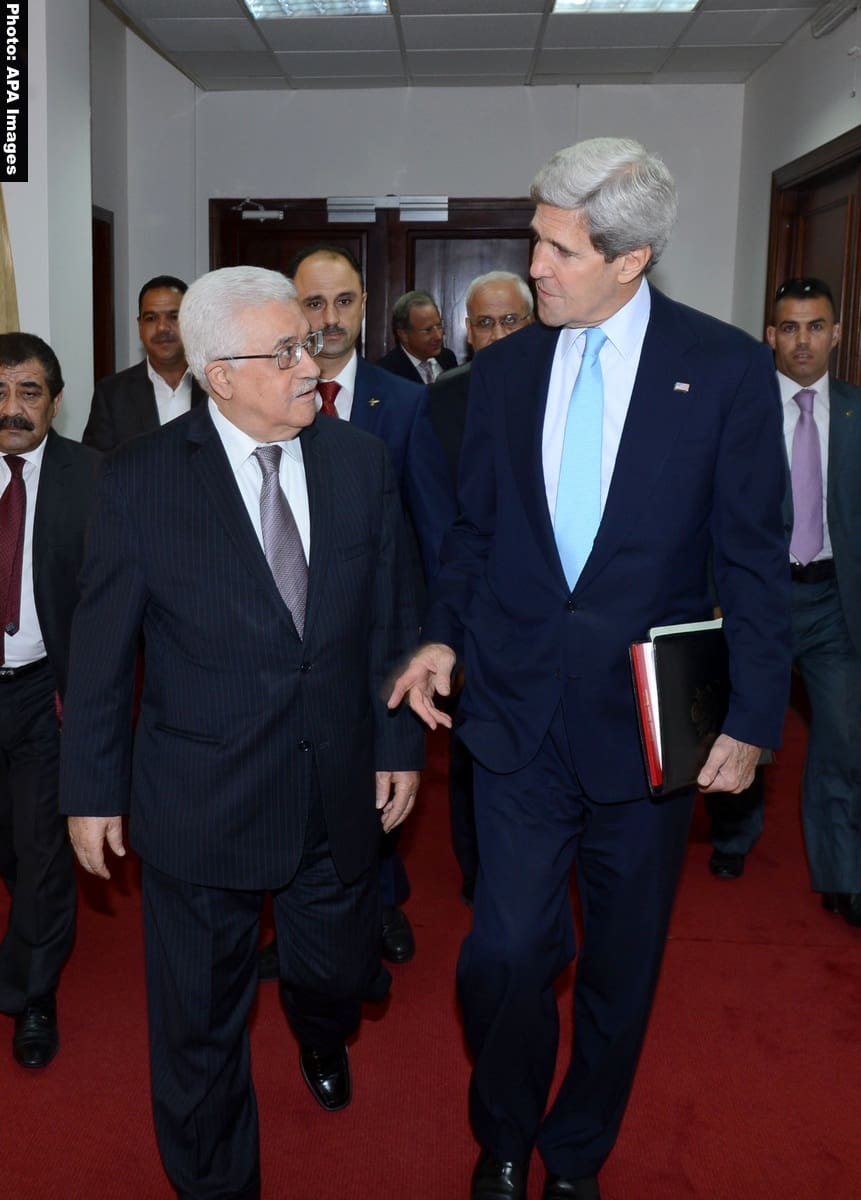
How will US-Palestinian relations – such as they are – be affected by the nuclear agreement between leading world powers and Iran In brief:
Mouin Rabbani: Washington is likely to compensate Israel for the Iran agreement in Palestinian coin. Diana Buttu: There is a belief among many Palestinian political leaders, largely unfounded, that this agreement will lead to a resumption of some political process. Ali Abunimah: The impact it has already had is that President Obama has deepened US involvement in and support for Israeli crimes as a form of compensation to Israel and its lobby.
EU Alarmed by Israel, Frustrated by Palestine

European Union actions to put a cost to Israel’s occupation are modest, but they are putting the EU on an unstoppable collision course with Israel, writes Al-Shabaka Executive Director Nadia Hijab. But will Palestine put its house in order in a coherent strategy to fulfill Palestinian rights to freedom and justice?
Palestine’s Day in Court? The Unexpected Effects of ICC Action
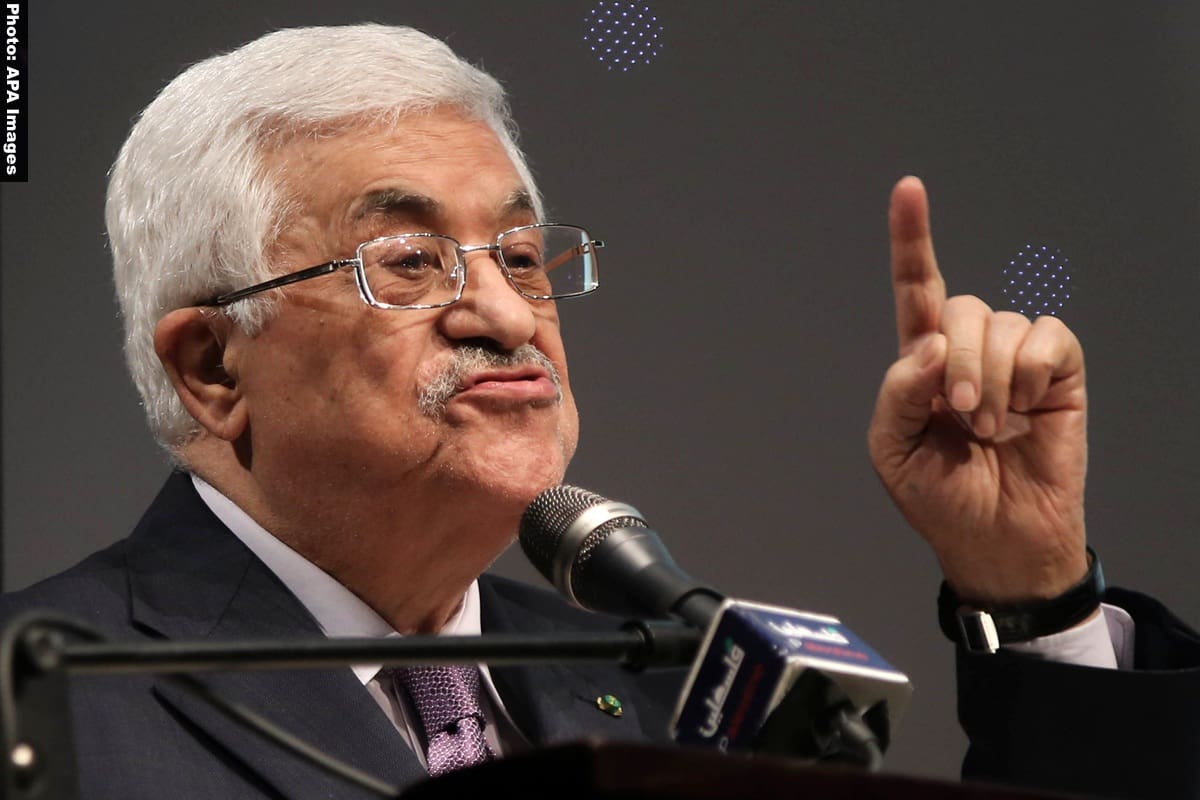
Palestine’s membership of the International Criminal Court takes effect on April 1, 2015. What cases might the Court choose? Will Israel’s legal offensive succeed? Will the UN Security Council suspend the investigation? Al-Shabaka analyst Valentina Azarova addresses many of the misconceptions about what the ICC can and cannot do, and Palestinians should do. Read the policy brief or the executive summary.
The Joint List in Israel’s Elections: Palestinians in from the Cold?

The Joint List largely represents the Palestinian citizens of Israel. Yet will it really challenge their second-class status and prevent the erosion of the rights they still have? Al-Shabaka analysts Diana Buttu, As’ad Ghanem, and Nijmeh Ali differ as they address the problems and potential of the Joint List.
Hamas: Three Tough Hurdles in 2015

Hamas’s putative rapprochement with Iran scratches the surface of the problems facing the Islamic movement. Al-Shabaka Policy Member Bilal Shobaki zeroes in on three of Hamas’ major challenges: definitively dealing with a Charter from which it has distanced itself; reviving its base in the West Bank; and restoring it regional alliances.
Beyond the Apartheid Analogy: Time to Reframe Our Palestinian Struggle
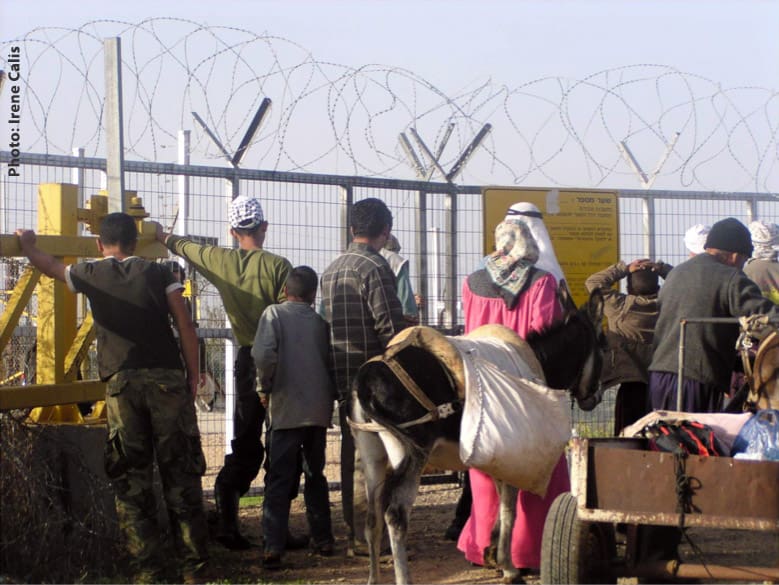
The frequent comparisons of Israel with Apartheid South Africa may obscure more fundamental questions Palestinians should be asking. From her present base in today’s South Africa, where “whiteness” still lives on the back of “blackness”, Al-Shabaka Policy Member Irene Calis argues that the post-Apartheid moment should alert Palestinians to take stock and reframe both the form of their campaigns as well as the terms of any proposed resolution.
Under Siege: Remembering Leningrad, Surviving Gaza
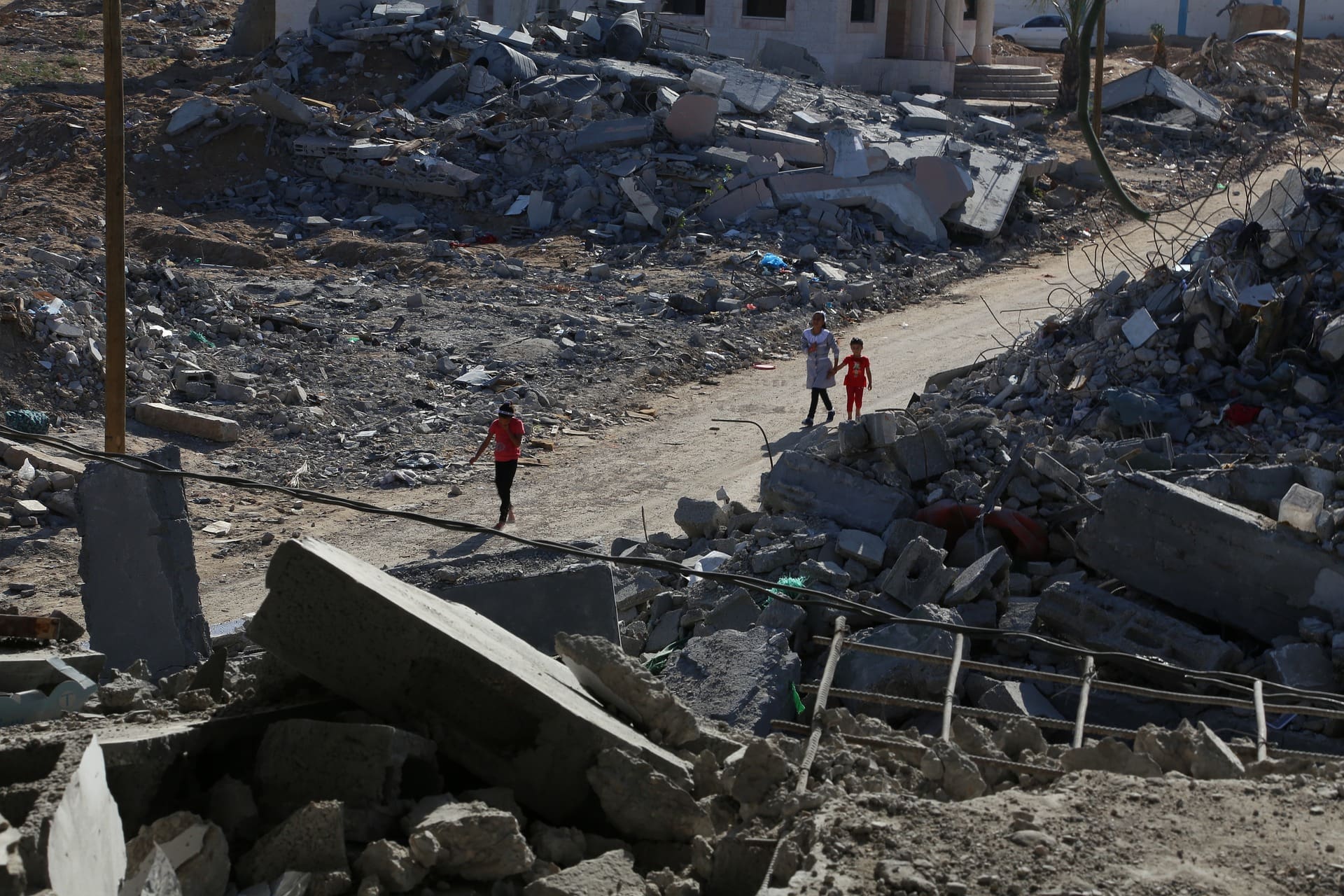
Jews and others under Leningrad’s 2.5-year siege ate wallpaper for its potato starch glue. In Gaza’s siege with no end, Palestinians die quickly under Israel’s bombs or slowly under its tight controls on food, services and even books. Al-Shabaka Policy Member Ayah Bashir and Guest Author Esther Rappaport communicate the impact of the siege of Gaza in a unique format, a must-read for both policy-maker and concerned public.
PLO/Palestine: Time to Stop Buying Time
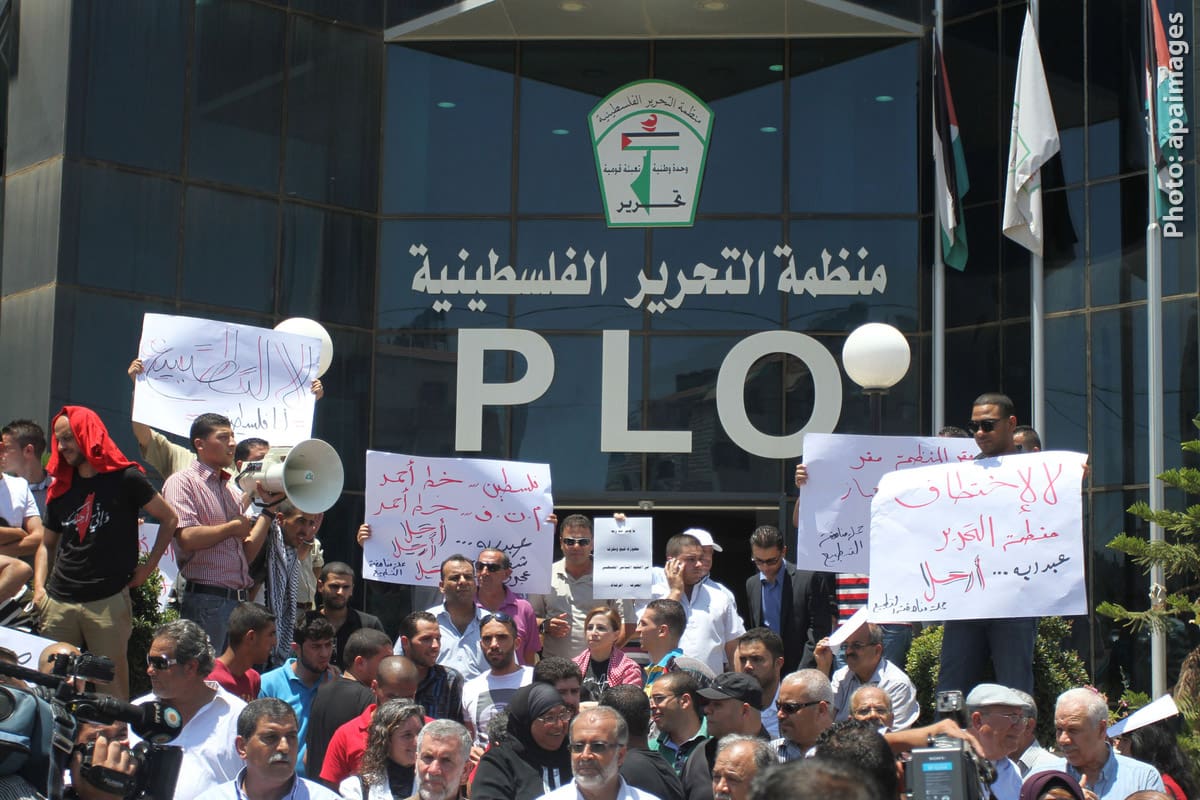
The Palestine Liberation Organization and Palestine are constantly seeking new approaches to stop Israeli violations and secure Palestinian rights. But the tools already exist: They just aren’t being used to best effect, as Al-Shabaka Executive Director Nadia Hijab and Policy Advisor Diana Buttu point out. With Jerusalem burning, Gaza assaulted and under siege, and the West Bank remorselessly colonized, there is no more time to waste.






